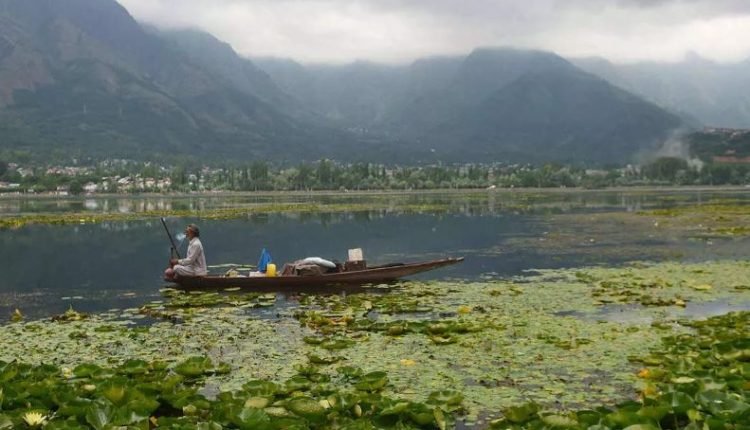The past week’s unpredictable weather conditions serve as a poignant reminder that we cannot escape nature’s wrath as a result of man’s greed, despite our belief that we are remote from the developed world’s hubbub and the cause of global warming. Mounting evidence regarding the impact of global warming leaves little room for skepticism, and the lack of public awareness and political will, as well as a failure to coordinate environmental protection efforts by governments and NGOs, can be attributed to humanity’s insatiable desire for more, leading to an economy built on carbon dioxide. Unfortunately, economic development now takes priority over environmental protection, leading to rampant destruction of forests, which has become a leading cause of climate change. Forests play a vital role in cooling the earth’s surface by absorbing carbon dioxide, and as such, governments must recognize their value and take immediate action to halt deforestation. This can be achieved by offering incentives to preserve these precious ecosystems and putting a price on the carbon contained within them. A system of enforcement and incentives that make standing trees more valuable than felled ones is vital to ensure their survival.
The conflict between economic and environmental growth is reaching a critical point, and we must find a way to harmonize these two seemingly opposing forces. Stabilizing emission rates requires a concerted effort from all stakeholders to prioritize environmental protection without sacrificing economic growth. Achieving human development while overcoming environmental challenges is a significant trial for humanity, but we can play a vital role in securing a better future for our offspring by leaving behind green mountains and clear water. In short, the urgency of addressing global warming cannot be overstated, and we must prioritize environmental protection to ensure that we leave a habitable planet for future generations. We must act quickly and decisively to halt deforestation, reduce carbon emissions, and harmonize economic and environmental growth. Only then can we hope to achieve sustainable development and secure a better future for ourselves and our planet.
Therefore, it is crucial that the J&K government must prioritize environmental protection and adopt policies and initiatives that reduce carbon emissions, halt deforestation, and promote sustainable development. One of the most pressing issues facing Jammu and Kashmir is deforestation, which has been identified as a major contributor to climate change. The government must recognize the worth of living trees and provide incentives to preserve them, by putting an immediate halt to logging and burning of forests in the name of developmental processes. The region is home to some of the most diverse and rich forests in the world, which play a crucial role in absorbing carbon dioxide and regulating the earth’s temperature. However, deforestation, driven by human demand for intensive agriculture and logging, poses an inexorable force against preserving these precious forests. To tackle deforestation, the government should launch initiatives aimed at increasing public awareness about the importance of preserving forests. Such campaigns should target the youth, who are the future custodians of the environment. Eco-tourism could be a viable alternative that generates revenue for the community while preserving the environment. We must prioritize renewable energy sources and reduce the region’s dependence on fossil fuels. This can be achieved by investing in wind, solar, and hydroelectric power, which are all abundant in the region. These initiatives will not only reduce carbon emissions but also create jobs and stimulate economic growth. The government should also promote the maximum use of electric vehicles and public transportation to reduce the use of private cars, which are a major source of carbon emissions. Govt. should adopt a comprehensive waste management policy that includes recycling, composting, and waste-to-energy initiatives. This will help reduce the amount of waste that ends up in landfills, which is a significant source of methane emissions. Furthermore, the government should work with local communities to promote waste reduction and encourage individuals to adopt environmentally-friendly practices such as using reusable bags and containers. This requires careful planning and coordination between different sectors, including industry, agriculture, and tourism. The government should work with businesses to adopt environmentally-friendly practices, such as reducing waste and increasing energy efficiency. The government should also promote sustainable agriculture practices that minimize the use of harmful chemicals and promote soil conservation. By taking action today, we can secure a better future for ourselves and for future generations. Let us leave green mountains and clear water for our offspring, and let us work together to ensure that our region and our planet remain habitable for generations to come.
#sustainabledevelopment #climateaction #environmentalprotection #JammuandKashmir
#greeninitiatives #biodiversity #deforestation #renewableenergy #sustainability
#womenempowerment #greenjobs #naturalresources




